I have been fascinated lately with progressive metal bands, and the guest of this interview plays in one of the most promising Italian prog metal group named Dark Ages. I talked with keyboardist Angela Busato about many topics, and you can read below the full interview!
| Hello, Angela. How are you doing? |
 | Fine, thank you! |
| Let’s go back in time a little bit. Do you remember who your first music teacher was? If yes, what was he like? |
 | So I started studying piano when I was seven or eight years old; I had lessons at a music school in Isola della Scala, the municipal one. It began with many children my age because back then you also started solfege early; the teacher was Pietro Salvaggio. I still remember him vividly; I only had him for one year because then he had to move, and I remember him because aside from being a musician, he was an old-school teacher who also instilled discipline and the basic rules to be able to study an instrument. He really directed me, and I still have him in my heart. Pietro is someone I remember very fondly. He made me passionate about the instrument, so I decided to continue there, and I never stopped. |
| Who were your most important musical influences? |
 | I started with classical music, learning the piano. Then I started playing in the first small groups, then the keyboard, and with the keyboard, I started listening to bands with keyboardists. For example, Deep Purple with Jon Lord, then the keyboard players of the 1980s like Europe. And then I got into seventies prog, so Genesis, King Crimson and similar bands. |
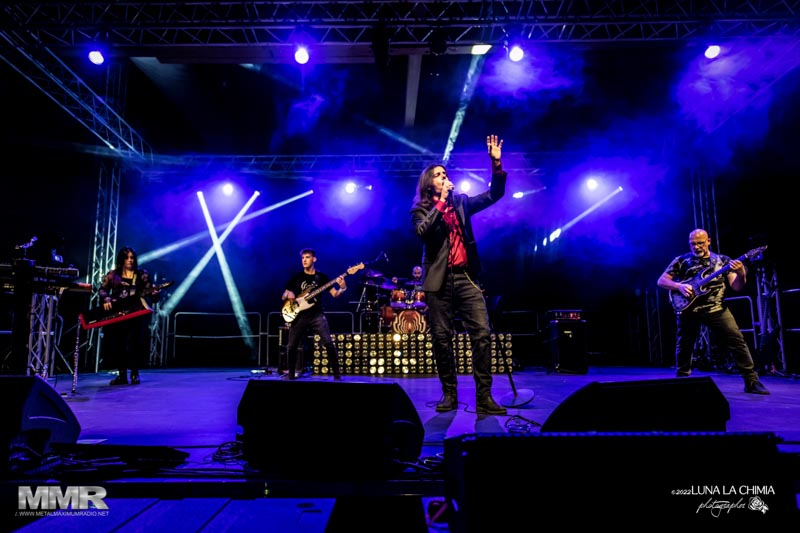
| If all the tracks from “Between Us” became people, who would be your best friend? |
 | The last one, “There Is No End,” because there are all the main keyboard sounds that I do, and then I’m particularly attached to the opening piano piece. I also really like the succession there is of the choruses. |
| What is the process you use to compose music? |
 | In Dark Ages, we all compose a little bit; the base comes from a keyboard or guitar melody, which are the most melodic instruments, or maybe even a vocal line. The singer could also come up with the melodic line, and then it goes from there. I mainly make an arrangement, so I start with a line and then add the instruments underneath. Or we start with a piano piece, and the guitar makes the arrangement. The current lineup has been there for six to seven years, and I have a hard time saying whether the composition was done more by one or the other because we did it a lot together. There is a bit of everyone’s contribution. |
| Do you prefer playing in big or small venues? |
 | It depends a little bit; to say, at the club “Il Giardino 2.0“, which is a small venue with a hundred seats, the people all together there have a certain kind of excitement atmosphere. The big stage gives you another kind of adrenaline, though. I like both of them because they have different situations, but it’s obvious that the big stage hypes you a little bit more. |
| What was your first thought this morning after waking up? |
 | That’s a difficult one. The initial thought is usually because I have two cats, I have to feed them in the morning. I usually think about where they are if they are around the house. |
| Unfortunately, women are still discriminated against in the music industry. Have you ever been a victim or witness to an incident of discrimination? |
 | I directly have not witnessed any particular situations; however, I think this is a bit part of the culture in general. This is one area, but this treatment toward women is there throughout society. It stems from a cultural problem of legacies of many years where women were considered “inferior” in certain things. Salaries are also lower in work in general; if a man has to do a certain kind of labour, the woman has to do twice as much to succeed. There is a lot of prejudice about certain things; now, fortunately, in the metal underground, there are a lot of women, and they are also highly valued. But 10-15 years ago, there were a lot fewer, you could notice this. You could notice that there was a woman in the band. Now, fortunately, it is almost the norm, so I hope it will get better. Making a technical point, that yes, there is a lot of discrimination beyond ability, because that is undeniable if one is good at singing or playing; however, it is taken for granted that the woman does not understand how to connect the cables. Actually, I have been playing the keyboard for a while, plus I also record at home, and I know how to connect things. The sound engineers sometimes look at you as if to say, “She won’t know how to do anything“, with that look of condescension that’s there. I’ve run the backlines, and the data sheets of the bands come to me; I know exactly how to distinguish an amplifier, what it’s for and who it’s for. The technical talk I know, however, I see that sometimes they talk to me as if to say, “Yeah, maybe she says those things, but she doesn’t know what they mean.” Maybe then you go ahead, show that you do know, then there you talk even. You tend to think that instead, the woman is there, that she only has to go to the hairdresser, and that’s it. |

| I wanted to play a little game with you. Who would you be if you were a character from Lord of the Rings? And why? |
 | I like Aragorn a lot. Not because I identify with him but because I just like the kind of character. He has strength; he drags armies, he has charisma. |
| Thank you very much. Angela, for taking the time to do this interview with me. Would you like to add anything else to our readers? |
 | Well, thank you for the space and also because this is my first interview. They usually interview the group; however, I was glad you invited me because it was the first interview, so I felt important. |
Follow Dark Ages
Hi! My name is Benedetta, I’m 29 and I live in Northern Italy. My passion has always been music: I started taking guitar lessons when I was 6. Now I work as a sales representative, but in my free time I interview talented people, I spread the word about my favorite band (MoonSun), and I go to concerts or travel around Europe.
I am a huge collector of anything Tolkien-related, autographs, merchandise, and CDs. I am quite an original person and don’t mind being the voice outside of the choir (even though I play in the church’s choir!).


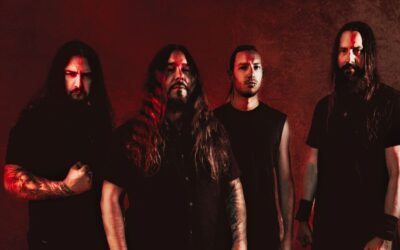
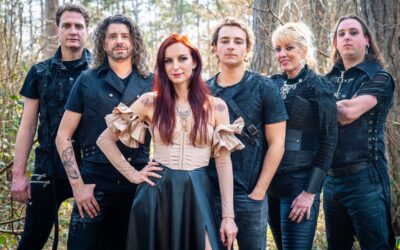
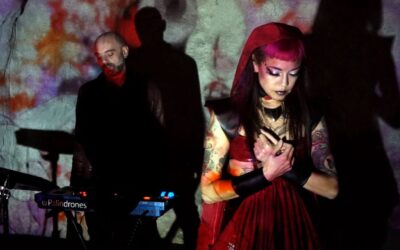
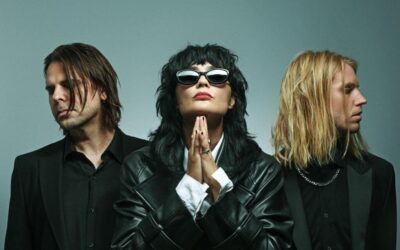
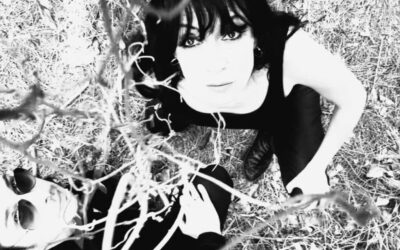
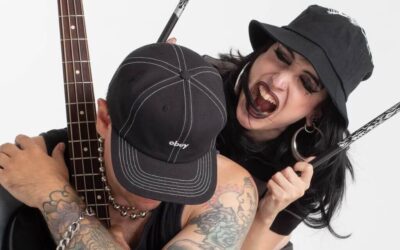

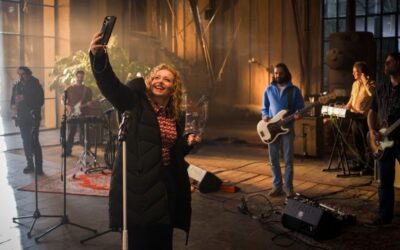
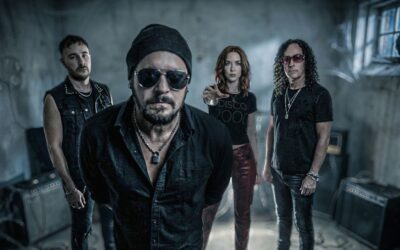
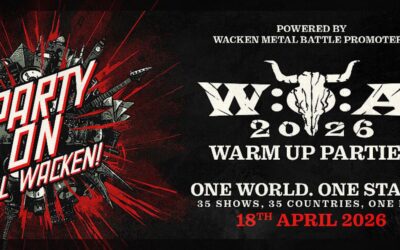
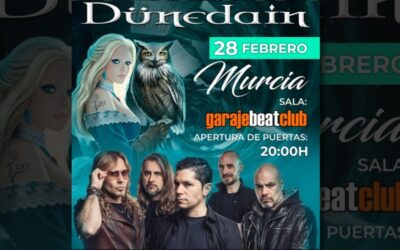
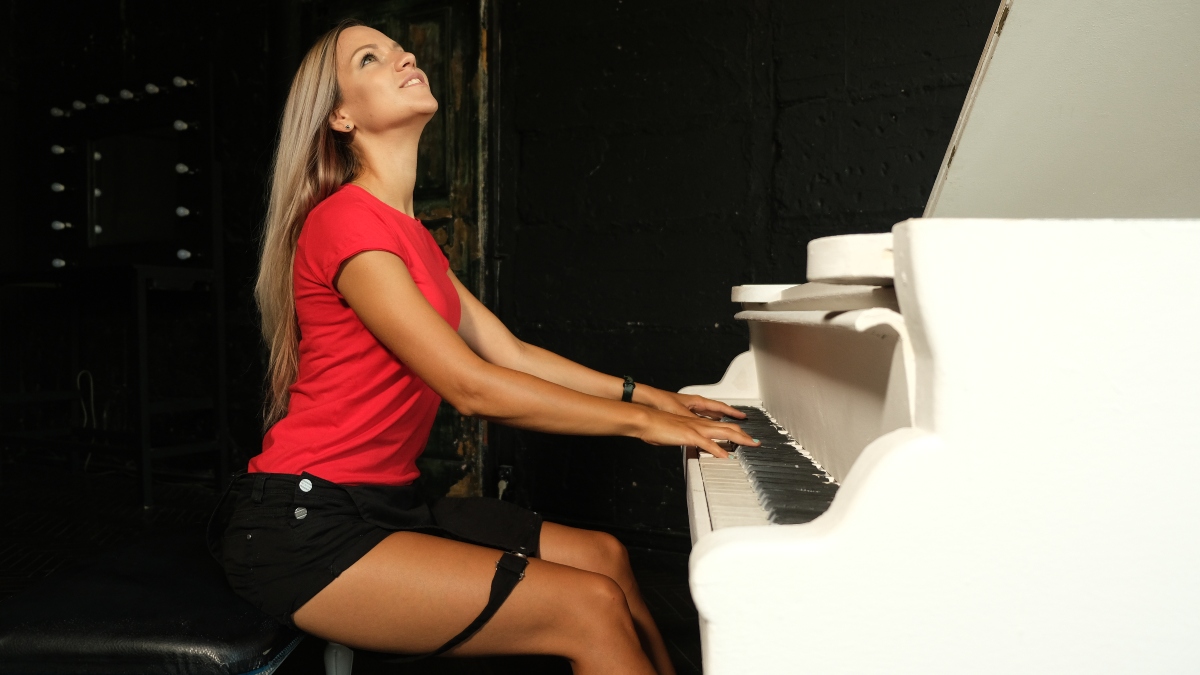
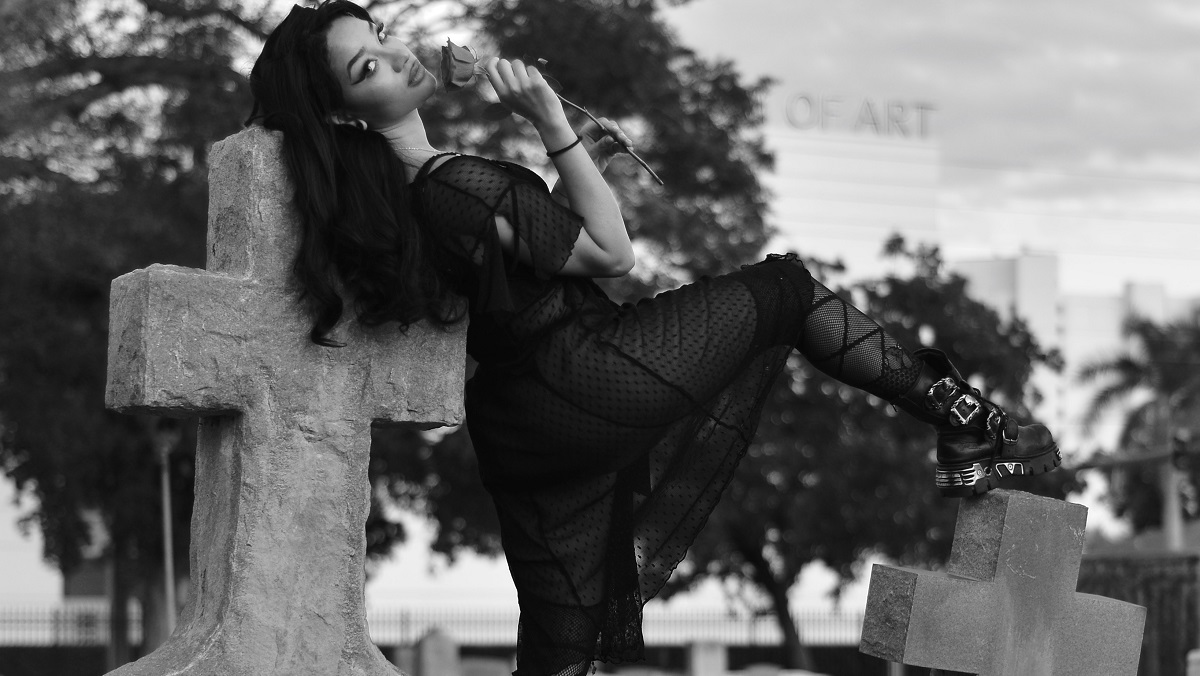
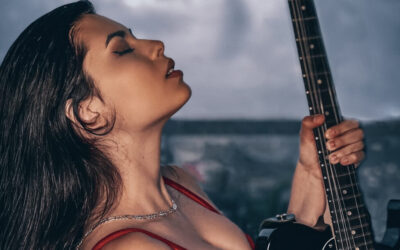

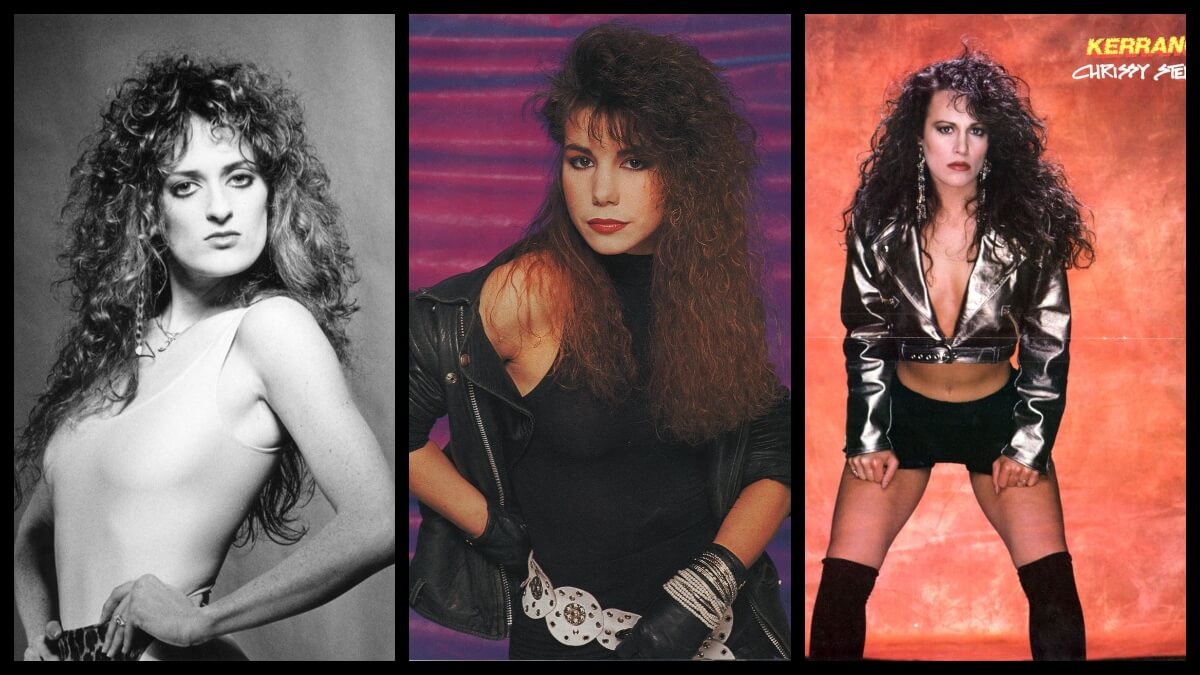
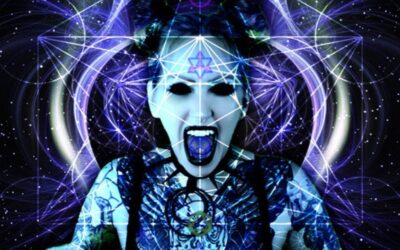

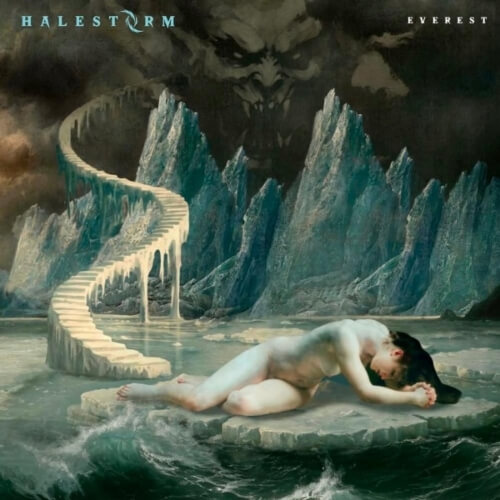
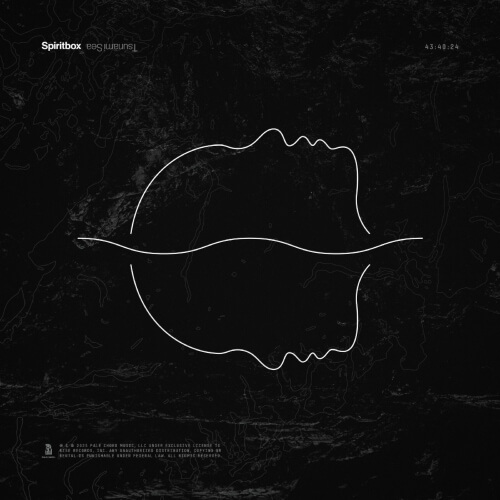
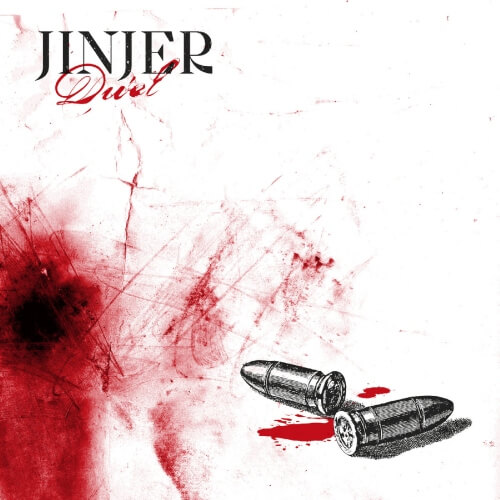
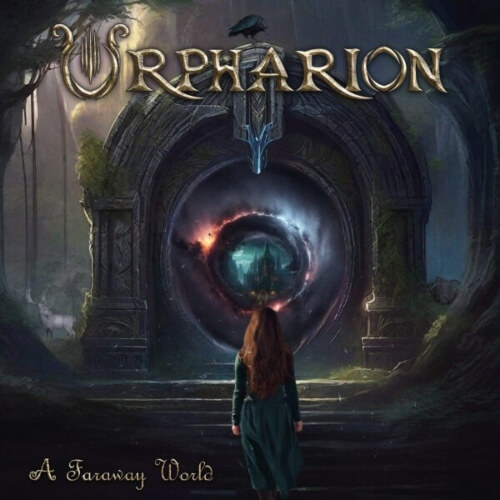
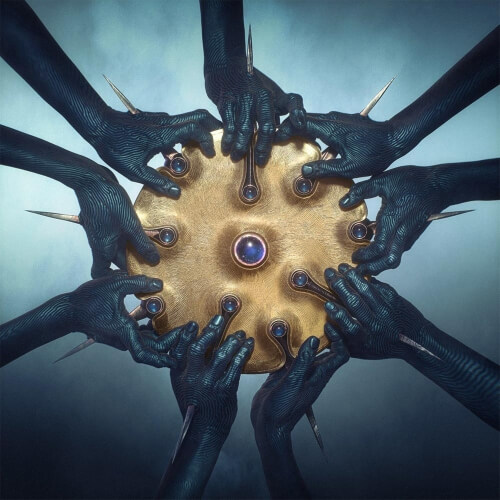
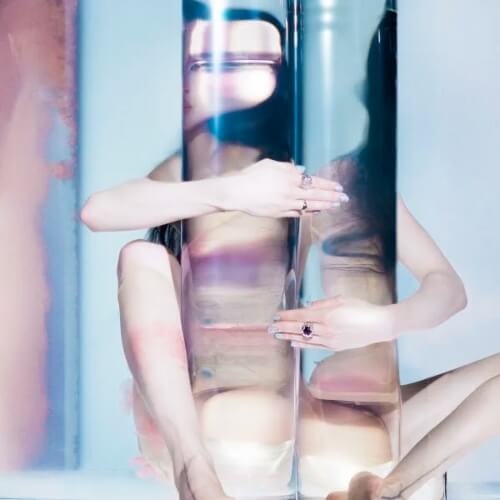

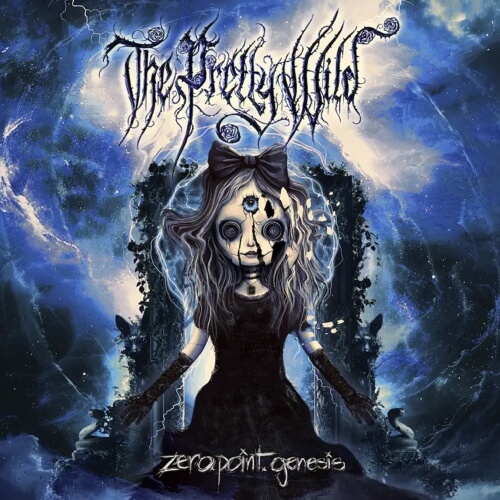
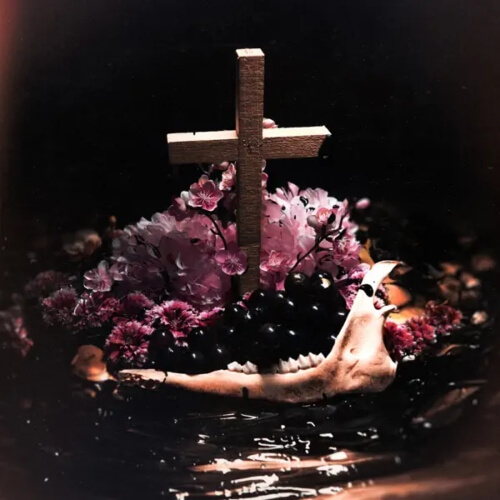
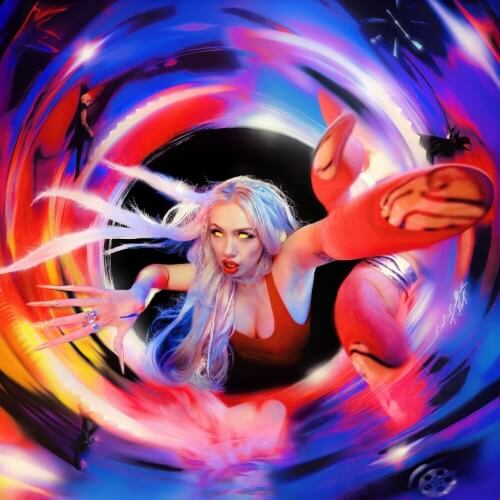
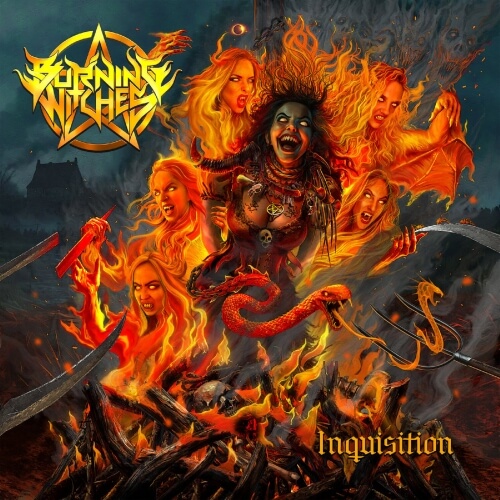
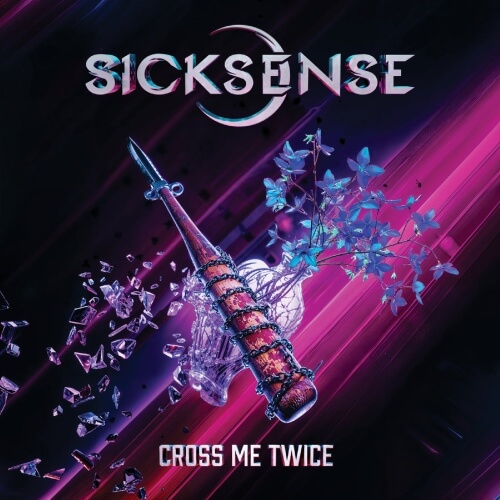
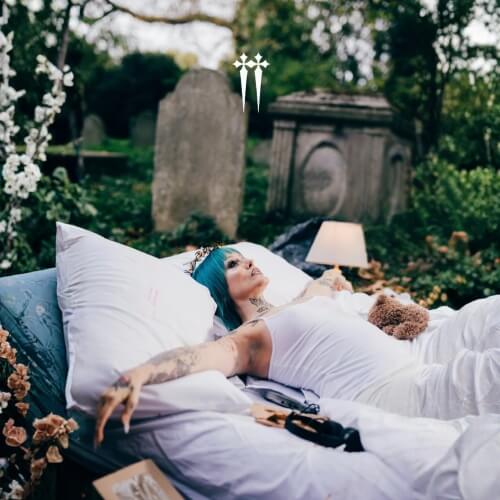
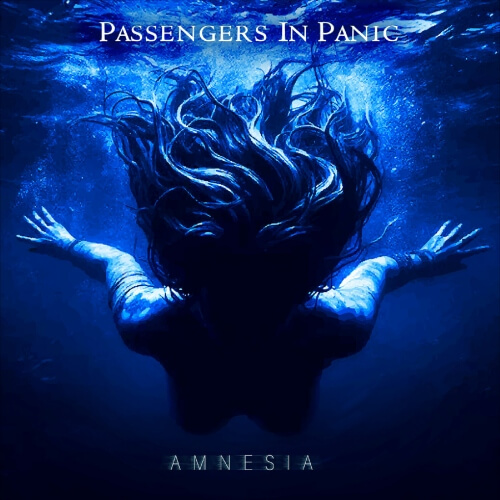
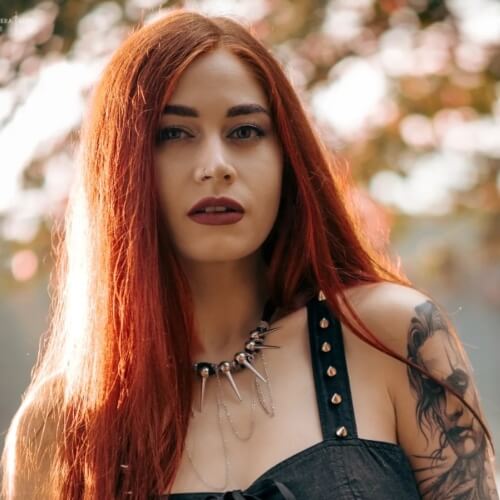
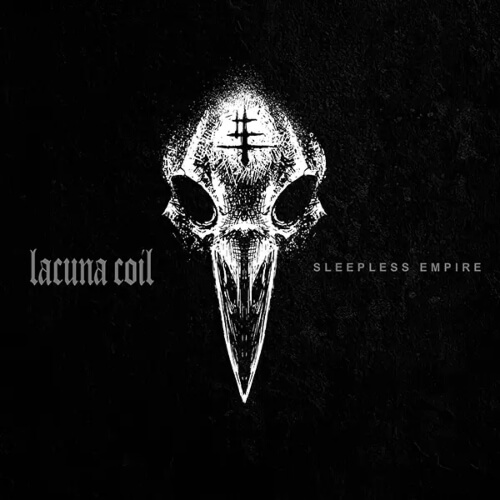
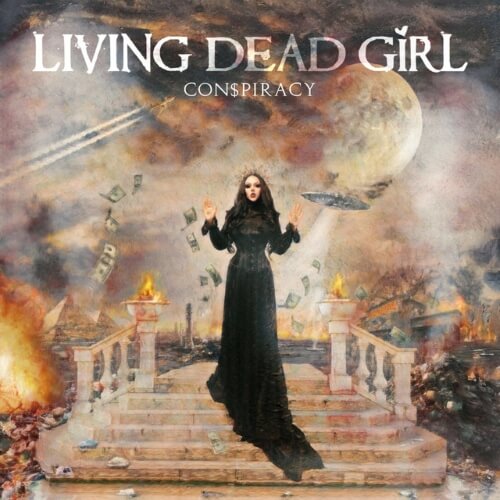
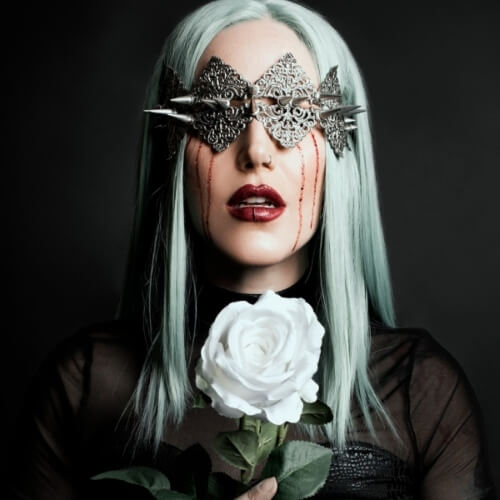
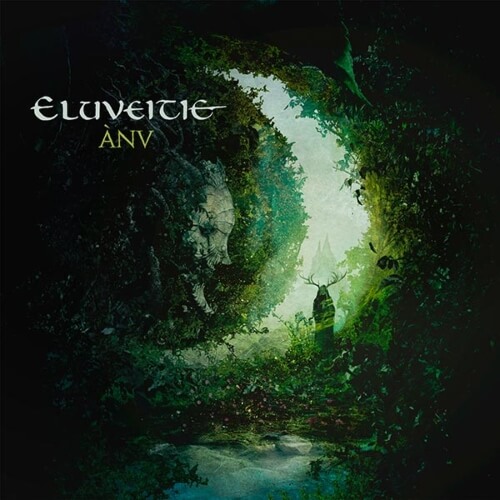
0 Comments